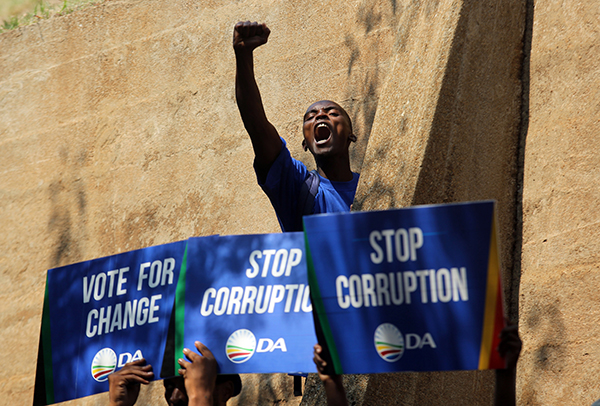This article was published in The Citizen Newspaper – Tanzania on 7th March 2023.
The entire African continent appears to be in shambles whenever the subject of leadership is considered.
Most countries are pulled behind by powermongers who do not care about the good of the country, and who put no effort to bring positive change, integral socio-economic development, easing difficulties of modern life, or improving the functional participation of citizens in state affairs.
In some countries, it is either the presidents are not themselves in regular form – as in being democratically elected, or bound by presidential terms – or their subordinates are perpetually in leadership even to their old age, when they hardly can take up those responsibilities properly. The inclusion of young people is low and discouraging.
Political commentators gave an example of a parliament on the continent where almost all members are old people, and among whom more than half would sleep whenever a speech is being given.
A painful instance was when the minister of defence was sleeping during the president’s speech, a speech which was broadcast on television. One commentator, describing the angst of the masses, said: “This is not a new thing, if the president was not giving the speech he would be sleeping too.”
In regular work life, people do not sleep at the workplace. Sleeping at the workplace is a sign that one needs rest, and when it is habitual is an indicator of a reduced capacity to fully and productively participate in the work.
It is thus shocking that even though the world has evolved to be more complex, especially in matters to do with developing and managing economics, business and wealth, communication, transportation, global security, etc. we still elect people who are too old for the busy life or barely incapacitated by weaknesses.
While this is not at all age discrimination, entrusting the affairs of millions of citizens to people who are struggling to perform is not acceptable.
I watched the Africa US summit that took place in December last year. It was shameful to see a representative of an African nation who did not know where he was, what he went to do there, and who was attending the conference; A president who has to be held by hand to walk.
Age is not a definitive measure of reduced or increased performance, but the fact that even little jobs require people to retire mostly at 65, should tell us something.
Besides, it would be a different story if people elected these presidents out of their will, and in proper elections. Most of them have remained presidents because they want to be, and have proved with the time that they have no vision for their countries.

Today the continent of Africa suffers debts and carelessly signed trade agreements because of leaders who lack knowledge of modern international business, economics and politics, most of whom are themselves extremely corrupt.
Records have it that in the last two decades, the total external debt of African countries has skyrocketed, increasing more than fivefold, reaching up to $696 Billion. $73 billion, which is about 12 per cent of that debt, is from Chinese lenders.
However, in the year 2007, the United Nations office for drugs and crime together with the International Bank for Reconstruction and Development (World Bank) published a report titled: “Stolen Asset Recovery (StAR) Initiative: Challenges, Opportunities and Action Plan.”
The report clearly says: “25 per cent of the GDP of African states is lost to corruption every year, amounting to $148 billion.

This estimate is likely to encompass the full range of corrupt actions, from petty bribe-taking done by low-level government officials to inflated public procurement contracts, kickbacks, and raiding the public treasury as part of public asset theft by political leaders.” (page 13).
Today things are not any better; in 2021 debts amounted to 57% of Sub-Saharan African countries’ GDP.
Among the biggest problems of most African countries, today are economic revamping, creating employment opportunities for young people, endless violent conflicts, poor healthcare, irrelevant education as weighed against modern demands, epidemics, and in some places hunger due to extreme weather conditions.
These problems do not need political solutions. They need pragmatic and strategic approaches by leaders who know exactly what to do, how to do it, and when to do it. Other than that, generations to come are going to feel the negative effects of the decisions past generations made.
Most African countries will continue to suffer these problems because of the incapable and corrupt leaders who are allowed to hold on to power for ages.
